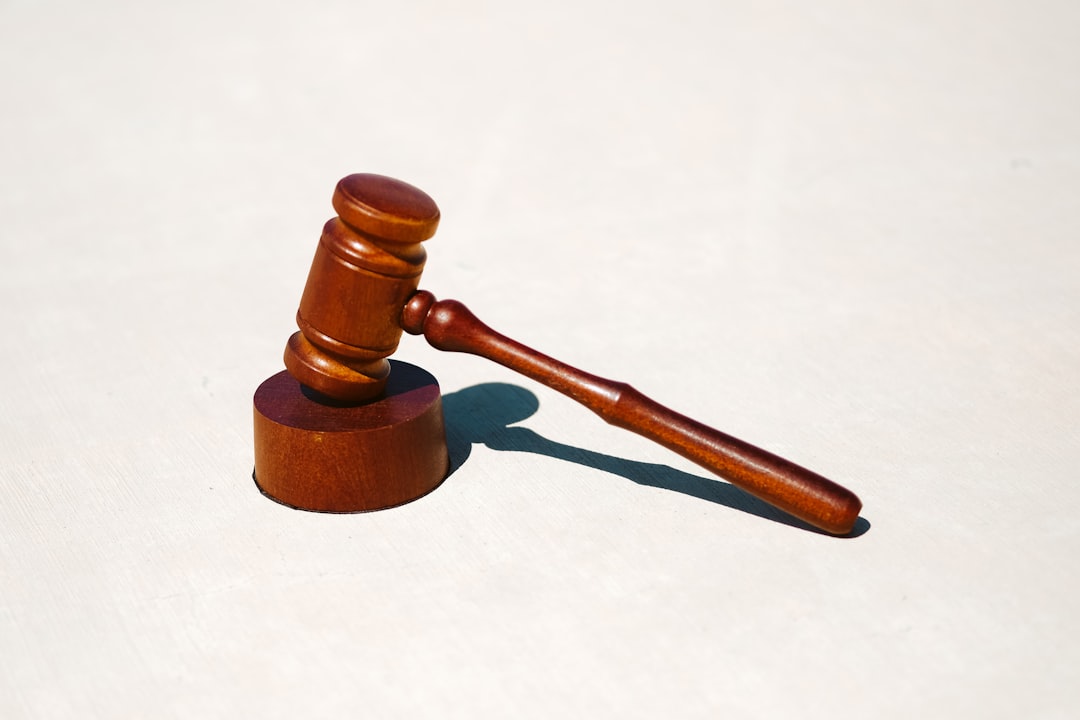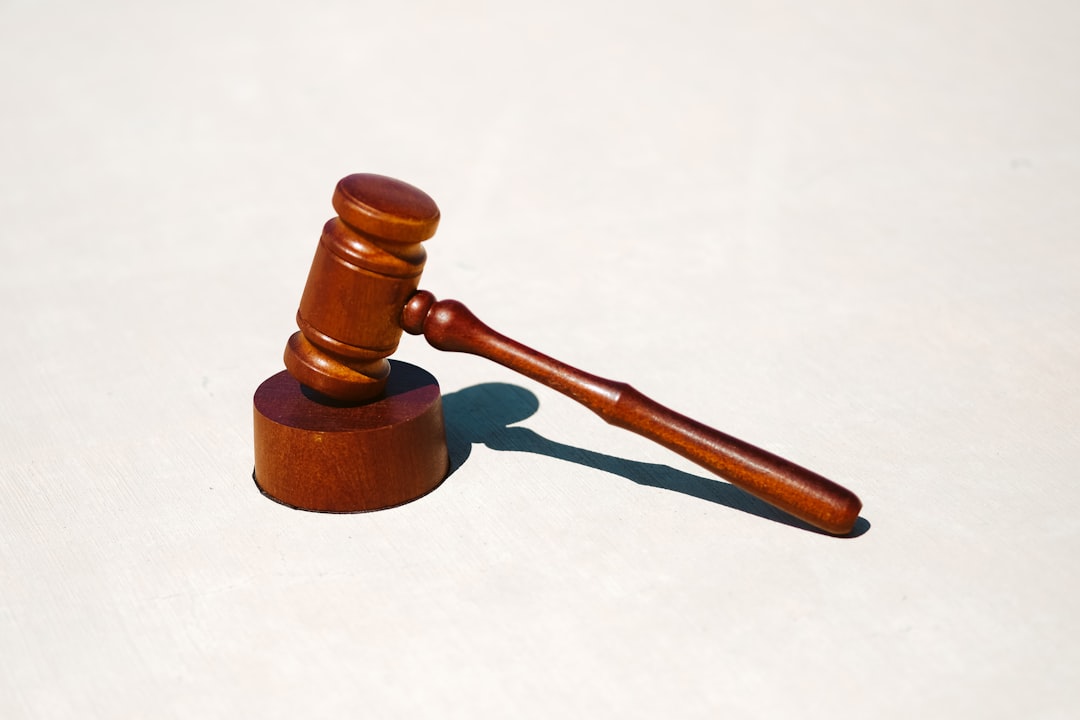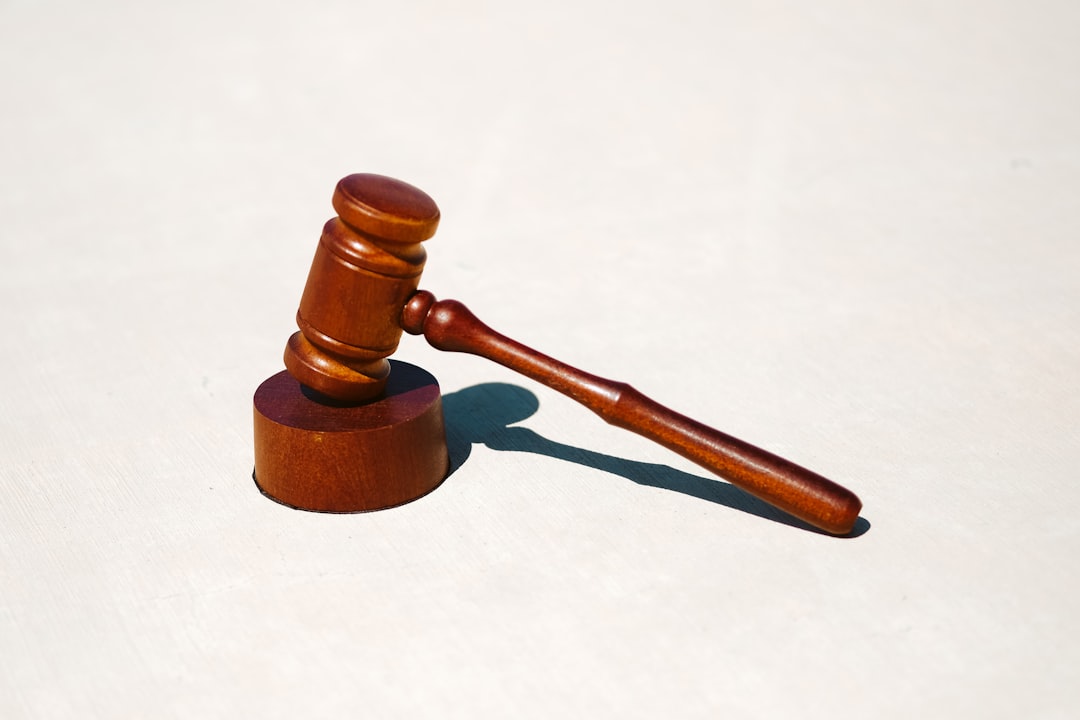In Rhode Island, seeking justice after sexual abuse is a complex yet essential step towards healing. This guide explores the crucial role of a dedicated sexual abuse lawyer in navigating the legal system. Understanding local laws and the specific needs of survivors is paramount. We delve into the responsibilities of a justice advocate, providing insights on how they empower individuals to take control. Additionally, we offer practical advice for hiring a Rhode Island sexual abuse lawyer and highlight resources available to support survivors in their journey towards justice and healing.
Understanding Sexual Abuse Laws in Rhode Island

In Rhode Island, sexual abuse cases are governed by a comprehensive set of laws designed to protect survivors and ensure justice. A sexual abuse lawyer in Rhode Island plays a pivotal role in navigating this complex legal landscape. They have an in-depth understanding of state statutes, which vary from criminal prosecution to civil lawsuits, offering crucial guidance to clients seeking redress for their trauma.
These laws cover various aspects, including statute of limitations for filing claims, definition of sexual abuse, and the rights of survivors. A Rhode Island sexual abuse lawyer is well-versed in these nuances, enabling them to advocate effectively on behalf of survivors, helping them understand their legal options, and guiding them through the process of seeking justice and compensation.
The Role of a Justice Advocate for Survivors

A justice advocate for Rhode Island sexual abuse survivors plays a pivotal role in supporting and guiding individuals who have experienced trauma. These advocates are legal professionals specializing in helping survivors navigate complex systems, often including law enforcement, healthcare, and court processes. They empower survivors to share their stories, ensuring their voices are heard and their rights protected.
By acting as both a support system and legal expert, these advocates ensure that survivors receive the care they need. This includes assisting with medical and psychological treatment options, connecting them with relevant community resources, and providing legal representation for civil lawsuits against perpetrators or institutions responsible for the abuse. Their goal is to help survivors find justice, receive proper compensation, and heal from their traumatic experiences.
What to Expect When Hiring a Sexual Abuse Lawyer

When hiring a sexual abuse lawyer in Rhode Island, it’s crucial to understand what to expect from the legal process and the expertise required. The journey to justice for survivors is often complex, and navigating the legal system can be daunting. A qualified sexual abuse lawyer will guide you through every step, ensuring your rights are protected. They will first assess your case, gathering all relevant details and evidence to build a solid strategy. This initial phase involves extensive research into Rhode Island’s laws and legal precedents related to sexual assault cases.
Next, the lawyer will communicate with you openly, explaining the potential outcomes and strategies available. You can expect them to be empathetic, providing emotional support while advocating for your rights. They will represent you in court, negotiating settlements or arguing your case if necessary. A skilled Rhode Island sexual abuse lawyer will also stay updated on legal reforms, ensuring they employ the most effective methods to pursue justice.
Supporting and Empowering Survivors: Resources and Next Steps

For survivors of sexual abuse in Rhode Island, finding support and empowerment is a crucial step towards healing. If you’ve experienced sexual assault or abuse, reaching out to a dedicated sexual abuse lawyer in Rhode Island can be a powerful first step. These legal professionals are equipped not only to provide guidance and representation but also to connect you with valuable resources tailored to your needs. They understand the complex nature of these cases and the unique challenges survivors face.
With their help, survivors can access counseling services, support groups, and legal aid designed to facilitate their journey towards justice and recovery. This includes options for civil litigation, criminal proceedings, or both, depending on the specific circumstances. The goal is not only to hold perpetrators accountable but also to ensure survivors receive the care and compensation they deserve. This supportive network empowers individuals to take back control and begin the process of healing and rebuilding their lives.





